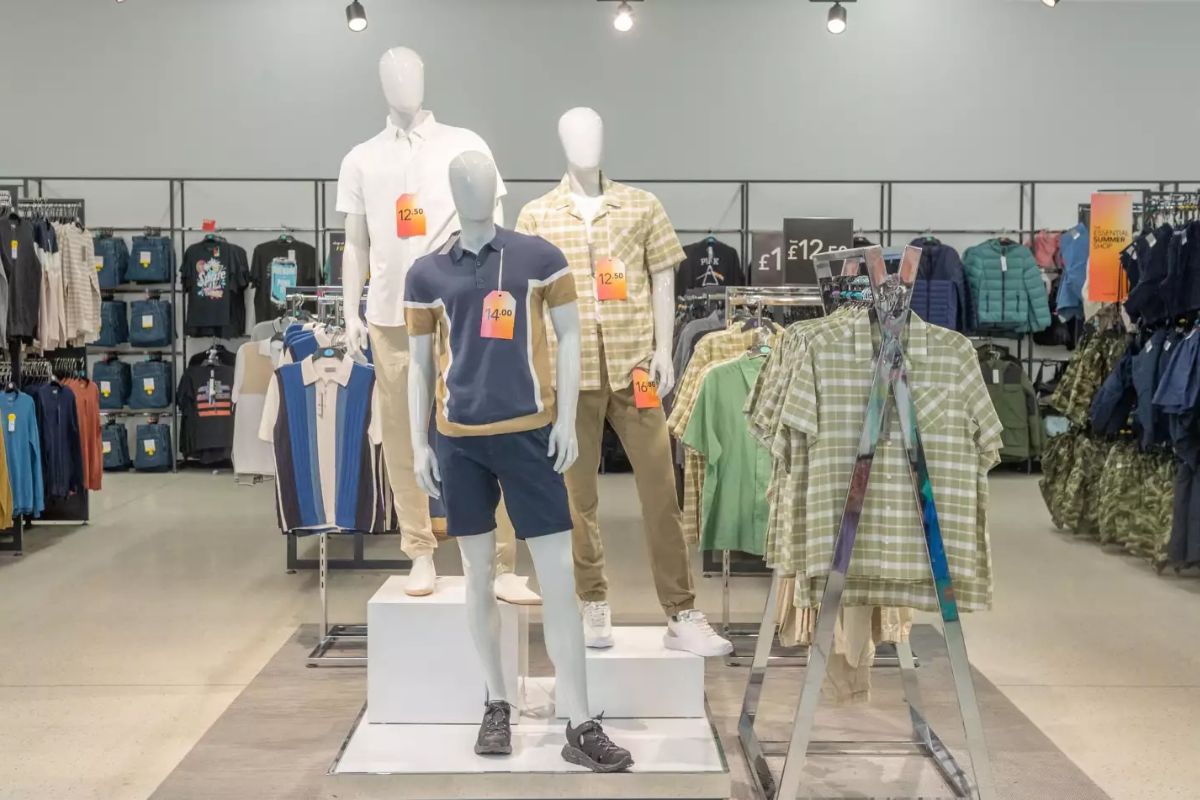John Lewis has launched its Black Friday event three weeks early, in a move that it says will help customers spread the cost of Christmas. Black Friday itself falls on January 25,
This week shoppers can buy discounted technology and fragrances, while categories including fashion, home and beauty will be discounted in future weeks. Many offers will continue up to December 1, although others will be for a more limited time.
Kathleen Mitchell, commercial director for John Lewis, says: “We’re launching Black Friday earlier than ever this year, with hundreds of fantastic deals to support customers looking to save money and start their Christmas shopping early.
“We know that, despite the rising cost of living, our customers still want to celebrate Christmas, so our teams and suppliers have worked incredibly hard to make sure we can offer our customers great value deals on the products they love. With new deals being launched daily, we’d encourage shoppers to keep an eye on our website and shops over the coming weeks, so they don’t miss out.”
The retailer says that unwanted items bought from September onwards can be exchanged or returned until January 28 2023.
The context
By starting its Black Friday campaign earlier than it usually does, John Lewis is following a wider trend that has seen more retailers bring forward their discounting to earlier dates in recent years.
Last year, shoppers bought earlier amid supply chain worries – and retailers brought forward discounting campaigns in order to benefit. By November 3 last year, 25 retailers were live with named Black Friday campaigns – up from 14 a year earlier – IMRG research found.
This year Amazon held its first Prime early access event in mid-October, promising – like John Lewis – to help customers spread the cost of Christmas for customers.
Figures out from IMRG/Capgemini earlier this week suggested that this year’s Black Friday season would be fairly bleak, with sales likely to be down 5% year-on-year. Andy Mulcahy, strategy and insight director at IMRG said: “The real problem for online retailers is a drop in conversion. While sales growth has been negative for over a year and a half, there is actually still growth in traffic to retail sites. The number of visitors who complete a purchase has dropped 20% in 2022 against the same time last year, with the main pinch-point being less people adding items to their basket from the product page.
And Wunderman Thompson Commerce analysis previously suggested average Black Friday spending could almost halve this year, to £86.06 from £161.18 last year.
Both add up to a season in which retailers are likely to make their offers sooner rather than later in order to benefit from consumer spending at a time when there are warnings of recession that is expected to last into 2024. However, traders will also need the wish to sell stock against whether they can do so profitably – and whether they have that stock available. that against both profitability and stock availability.










